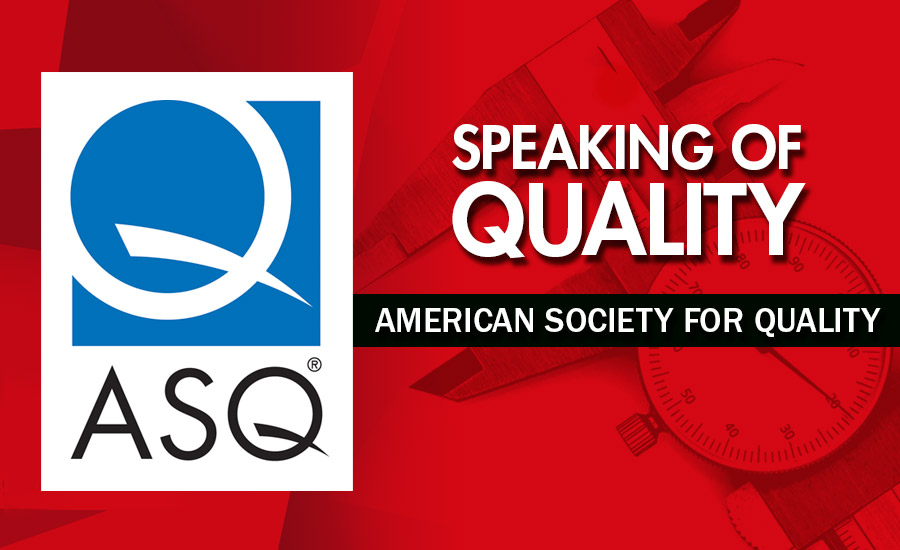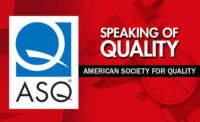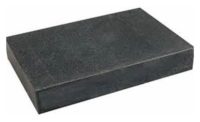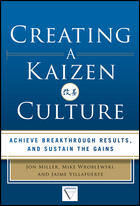Yes, it’s true, teams can be ineffective. But they don’t have to be that way. Well-run teams are creative and innovative. They improve processes, save money, and delight customers (internal and external).
Since 1985, the International Team Excellence Award (ITEA) Process has been showcasing team success stories for the quality community. Since the inception of the program, over 1,500 teams from 23 countries have participated in this unique process.
ASQ has been a proud administrator of the process since 2003. The team finalists present their stories each year at ASQ’s World Conference on Quality and Improvement (asq.org/conferences/wcqi) specifically for determining the effectiveness of the team and its use of quality methodology. Teams—regardless of whether they apply to be a finalist—can benefit from adopting the ITEA Process criteria. Teams are judged on the following criteria:
- Project and team selection
- Current situation and root cause/improvement opportunity analysis
- Solution/Improvement development
- Implementation and results verification
- Sustaining and communicating results
- Overall presentation
It is a rigorous process for both teams and judges, but one that is completed with enthusiasm and a sense of accomplishment. Over the past few years, conference attendees have eagerly filled many of the presentations to capacity—getting the opportunity to hear about the quality journey directly from the team members who lived through it all.
But the sharing does not end at the World Conference. Presentations from all the ITEA Award Process finalists are made available to the public. Here is a list of brief descriptions for four recent finalists. (Download the presentations at https://asq.org/programs/team-excellence/past-winners.)
Anheuser-Busch InBev
Global Lean Deployment Initiative, St. Louis, MO
Across the globe, the beer landscape is changing from mass production to mass customization. This project’s objective was to study and understand how to improve the flexibility of production lines to handle multiple products, create more capacity, and improve customer delivery. The team used Six Sigma and lean through kaizen and full-scale projects. This project changed the way AB InBev thinks about what is possible. Project savings were more than
$1.5 million initially.
Movistar
Movistar Express, Buenos Aires, Argentina
This project focused on improving the customer selection process of Movistar Express products. Goals were achieved using Lean Six Sigma DMAIC methodology. The project team achieved savings of $9.8 million per year by reducing the customer transference process error rate from 14 percent to 1.5 percent. Additionally, this process improvement allowed for Movistar Express product development, increasing the customer base by 400,000 and achieving $115 million per year in extra income.
Nokia HERE
Inspection Process Redesign (AQuA), Chicago, IL
This project focused on reducing the manual inspection costs associated with a map creation process. Using the DMADV methodology, the team employed measurement system analysis, quality function deployment, DoE, Pareto chart, affinity diagram, multivoting, and a number of other valuable tools for designing the final improvement recommendations. The improvement provided the potential for a €2.5 million cost reduction by creating a qualification and inspection process across the organization.
Tetra Pak Packaging Solutions
Science and Engineering Capability Team, Lund, Skane, Sweden
This project focused on developing engineering capabilities within Tetra Pak. A capability is the integration of people’s competences and their processes, methods, and tools. Following change management principles and the steps of a business transformation process, the team shared knowledge and experiences across units, built on existing capabilities, and developed new ones. The project resulted in a 30% increased score in measurements of engineering capabilities and a visible change in the way the team works.
Are you looking to stand out in your organization? Learn how your team can achieve tangible business results through participation in the ITEA Process. If you scoff at the idea that cross-functional teams are productive, you need to get to the International Team Excellence Award webpage and read a few project presentations. Customer satisfaction, innovation, profitability, increased employee motivation, and teamwork are all results that will get the attention of any CEO.









